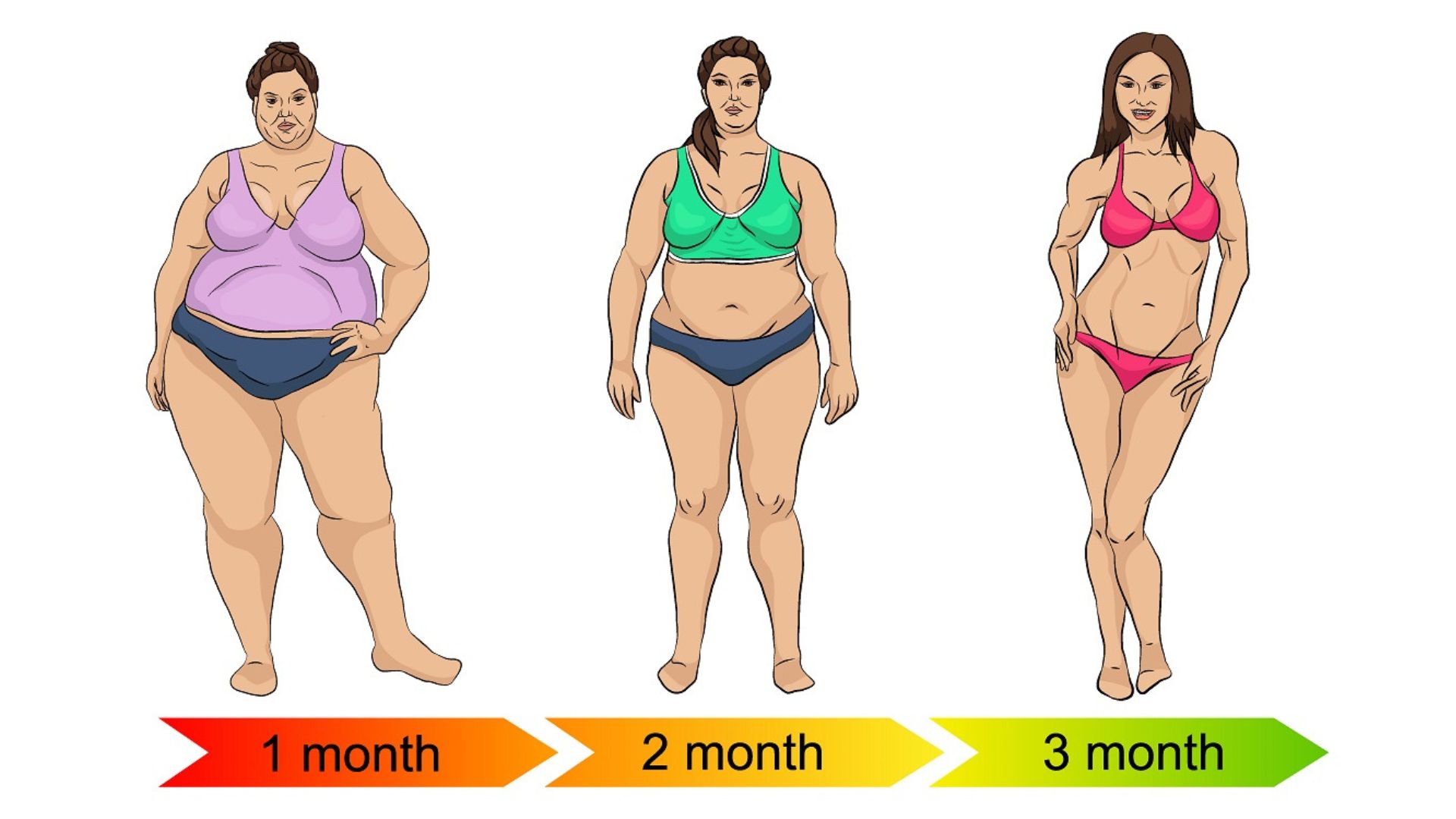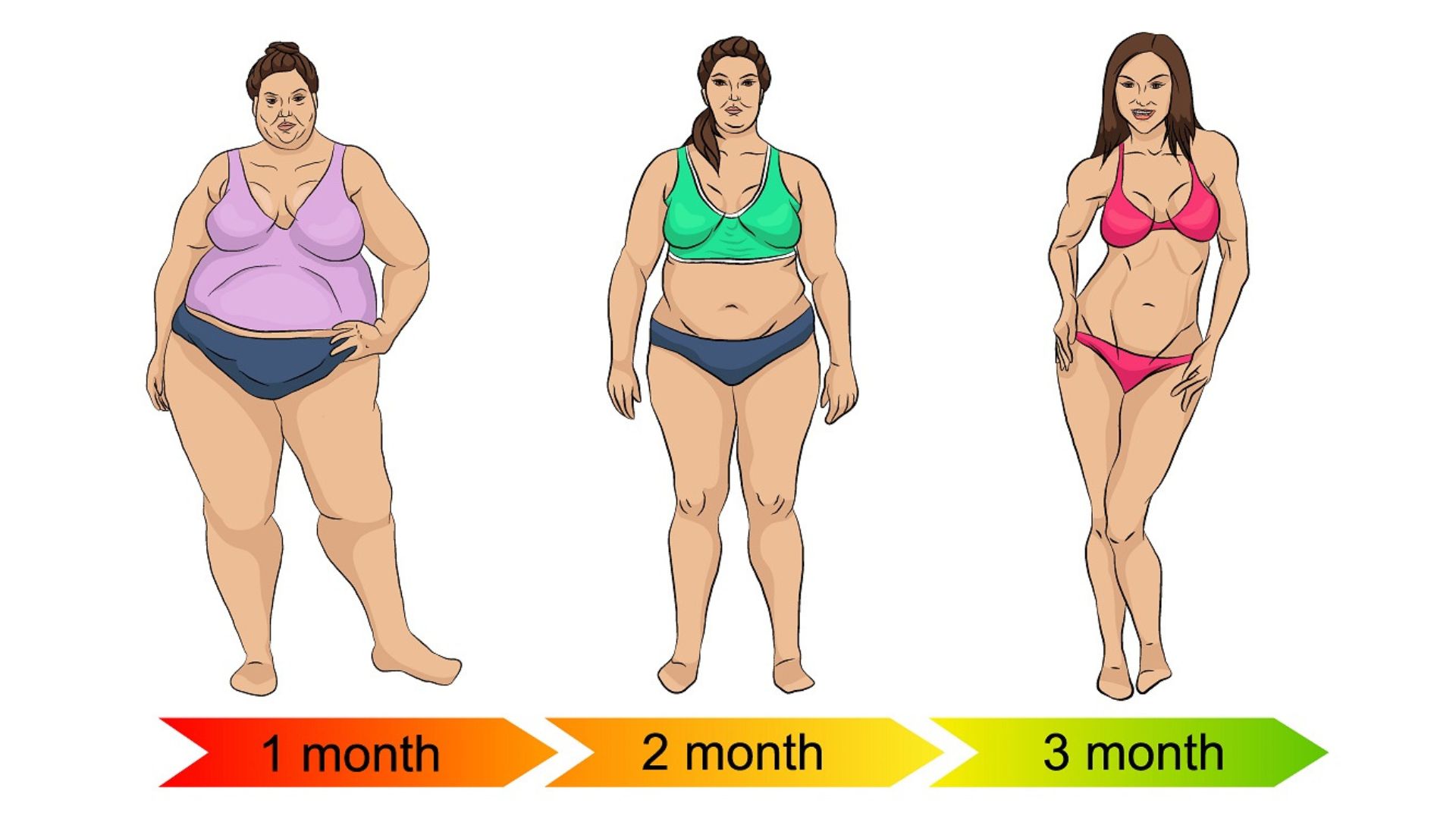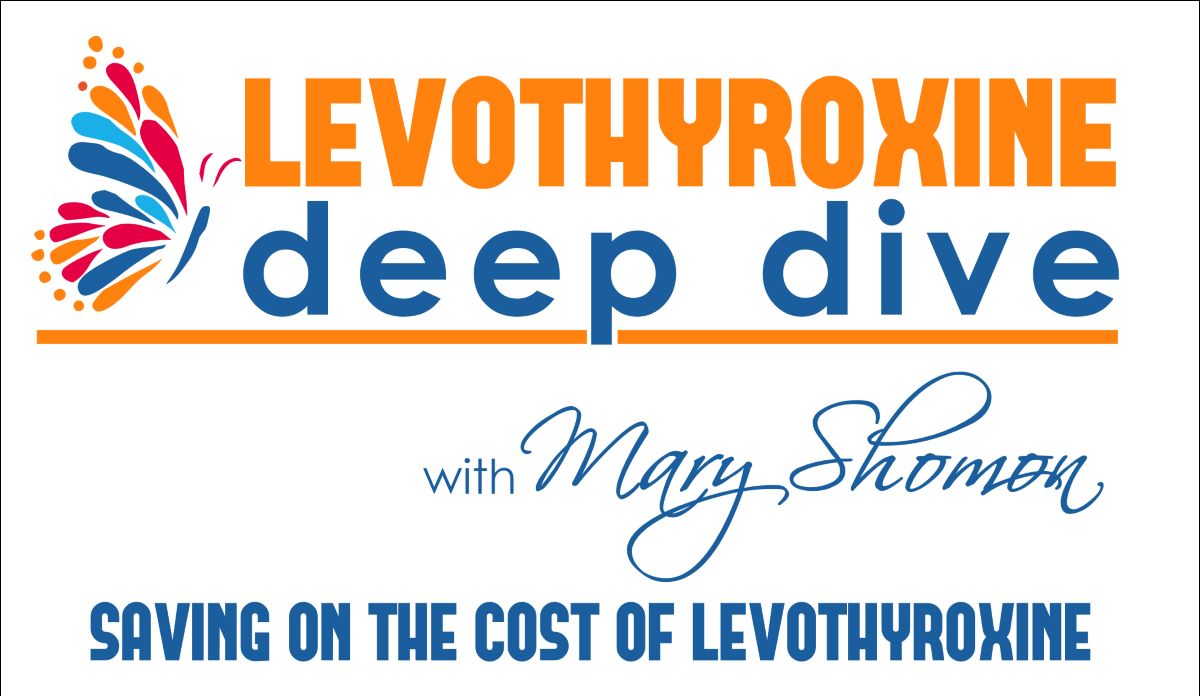

Finance
How Much Does VSG Cost Without Insurance
Published: November 13, 2023
Find out the cost of VSG surgery without insurance and explore financing options. Manage your finances effectively with our comprehensive guide.
(Many of the links in this article redirect to a specific reviewed product. Your purchase of these products through affiliate links helps to generate commission for LiveWell, at no extra cost. Learn more)
Table of Contents
Introduction
Welcome to our comprehensive guide on the cost of Vertical Sleeve Gastrectomy (VSG) without insurance. If you’re considering VSG as a weight loss option, it’s important to understand the financial aspects associated with the procedure. VSG is a surgical procedure that involves removing a large portion of the stomach to help reduce its capacity and promote weight loss. Not only can it have a significant impact on your health and quality of life, but it can also come with a substantial financial investment.
Whether you don’t have insurance coverage or your insurance doesn’t cover the cost of VSG, it’s crucial to have a clear understanding of the expenses involved. In this article, we will delve into the factors that influence the cost of VSG without insurance, provide an estimate of the average cost, and explore financing options available to make the procedure more affordable.
Disclaimer: It’s important to consult with a medical professional or specialist to determine if VSG is appropriate for you. They will be able to provide you with a personalized assessment and inform you about the specific costs associated with your unique situation.
Now, let’s explore the factors that can impact the cost of VSG without insurance.
Understanding Vertical Sleeve Gastrectomy (VSG)
Vertical Sleeve Gastrectomy (VSG), also known as sleeve gastrectomy or gastric sleeve surgery, is a surgical procedure designed to help individuals achieve significant weight loss. It involves the removal of a large portion of the stomach, leaving behind a small sleeve-shaped pouch. This pouch restricts the amount of food that can be consumed, leading to reduced calorie intake and ultimately promoting weight loss.
VSG is generally recommended for individuals with a body mass index (BMI) of 35 or higher, or those with a BMI of 30 or higher with obesity-related health conditions such as diabetes or high blood pressure. It is considered a viable option for weight loss when other non-surgical methods, such as diet and exercise, have been unsuccessful.
The surgery is typically performed laparoscopically, which involves making several small incisions in the abdomen and using specialized instruments to remove a large portion of the stomach. This minimally invasive approach offers several advantages, including shorter recovery time, reduced risk of complications, and smaller scars compared to traditional open surgery.
After the procedure, patients experience a reduced appetite and a feeling of fullness after consuming small meals. This helps control portion sizes and facilitates weight loss. Additionally, VSG has been shown to have positive effects on obesity-related health conditions, such as improved blood sugar control in individuals with diabetes.
It’s important to note that VSG is a major surgical procedure and should be approached with careful consideration. Patients must undergo a thorough evaluation process, which may include consultations with a bariatric surgeon, a nutritionist, a psychologist, and other specialists to ensure they are good candidates for the surgery and fully understand the potential risks and benefits.
Now that we have a better understanding of what VSG entails, let’s explore the various factors that can influence the cost of the procedure without insurance.
Factors Affecting VSG Cost
Several factors can affect the cost of Vertical Sleeve Gastrectomy (VSG) without insurance. Understanding these factors will give you a clearer picture of what to expect in terms of expenses. Here are some key factors that can influence the overall cost:
- Hospital or Surgical Facility Fees: The cost of the surgical facility or hospital where the VSG procedure is performed can vary significantly. Factors such as the location, reputation, and amenities of the facility can contribute to the overall cost.
- Surgeon’s Fee: The surgeon’s fee is another important component of the overall cost. Highly experienced and reputable surgeons may charge a higher fee for their expertise and skill. It is crucial to choose a qualified surgeon who specializes in bariatric procedures to ensure optimal outcomes.
- Anesthesia Fees: Anesthesia is necessary during the VSG procedure to ensure your comfort and safety. Anesthesia fees may vary depending on the type of anesthesia used and the duration of the surgery.
- Pre-operative Evaluations and Tests: Before undergoing VSG, you will need to undergo various pre-operative evaluations and tests to assess your overall health and suitability for surgery. These may include blood tests, imaging studies, consultations with specialists, and other assessments. The cost of these evaluations and tests can contribute to the total expense.
- Post-operative Care and Follow-up: After the surgery, you will require post-operative care and follow-up appointments to monitor your progress and ensure proper healing. This may include consultations with the surgeon, visits to a dietitian or nutritionist, and potential costs for medications or supplements.
It’s important to note that the cost of VSG can vary significantly depending on your geographical location. Factors such as the cost of living, regional healthcare pricing variations, and local market competition can all impact the overall cost of the procedure.
Now that you have a better understanding of the factors that can affect the cost of VSG without insurance, let’s move on to discussing the average cost of the procedure.
Average Cost of VSG Without Insurance
The cost of Vertical Sleeve Gastrectomy (VSG) without insurance can vary depending on a variety of factors. On average, the cost of VSG ranges from $12,000 to $30,000 or more.
As mentioned earlier, the specific factors that influence the cost include hospital or surgical facility fees, surgeon’s fees, anesthesia fees, pre-operative evaluations and tests, and post-operative care. The costs associated with each of these factors can vary significantly depending on your location, the level of expertise of the surgeon, and the specific services included in your treatment package.
It’s important to keep in mind that the average cost mentioned above is a general estimate and may not include additional expenses such as travel costs, accommodations, or any unforeseen complications that may require further medical attention and treatment.
While it is important to consider the financial aspect, it is equally crucial to choose a reputable surgeon with extensive experience in performing VSG. Opting for a lower cost procedure from an inexperienced surgeon may lead to suboptimal outcomes and potential complications, which can result in additional expenses in the long run.
Now that we have discussed the average cost, you may be wondering about the financing options available for VSG without insurance.
Financing Options for VSG
Considering the significant cost of Vertical Sleeve Gastrectomy (VSG) without insurance, it’s natural to explore financing options to make the procedure more affordable. While each individual’s financial situation is unique, here are some common financing options available for VSG:
- Healthcare Financing: Many healthcare financing companies offer loans specifically designed for medical procedures. These loans often have competitive interest rates and flexible repayment plans. It’s important to research and compare different financing options to find the one that best suits your needs.
- Payment Plans: Some hospitals, surgical centers, and bariatric clinics offer payment plans that allow you to pay for the procedure over time. This can help alleviate the burden of a large upfront payment.
- Medical Credit Cards: Medical credit cards, such as CareCredit, are specifically designed to cover medical expenses. These cards often come with promotional interest-free periods and flexible payment options. However, it’s crucial to read the terms and conditions carefully to fully understand the interest rates and repayment terms.
- Personal Savings or Loans: Utilizing personal savings or taking out a personal loan can also be an option. It’s important to thoroughly assess your financial situation and consider the impact of using savings or taking on additional debt before making a decision.
- Bariatric Surgery Grants and Scholarships: Some organizations and foundations offer grants and scholarships specifically for bariatric surgery. These programs are typically awarded based on financial need and other eligibility criteria. Researching and applying for these opportunities can help reduce the financial burden.
Prior to pursuing any financing option, it’s essential to have a clear understanding of the terms and conditions, interest rates, and repayment plans. Be sure to consult with financial advisors and healthcare providers to explore all available options and make an informed decision.
Lastly, it’s worth checking if your health insurance plan covers VSG or if you are eligible for any government-sponsored healthcare programs that may assist with the cost. Discussing these options with your insurance provider can provide insight into potential coverage.
Now that we’ve discussed financing options, let’s conclude our comprehensive guide on the cost of VSG without insurance.
Conclusion
Vertical Sleeve Gastrectomy (VSG) is a surgical procedure that can help individuals achieve significant weight loss and improve their overall health. However, it’s important to understand the financial implications associated with VSG, especially if you don’t have insurance coverage for the procedure.
In this guide, we have explored the various factors that can influence the cost of VSG without insurance, including hospital or surgical facility fees, surgeon’s fees, anesthesia fees, pre-operative evaluations and tests, and post-operative care. These factors can vary significantly depending on your location, the expertise of the surgeon, and the specific services included in your treatment package.
On average, the cost of VSG without insurance ranges from $12,000 to $30,000 or more. However, it’s crucial to prioritize the qualifications and experience of the surgeon over the cost, as opting for a lower-priced procedure from an inexperienced surgeon may lead to suboptimal outcomes and potential complications.
Fortunately, there are financing options available to make VSG more affordable. Healthcare financing, payment plans, medical credit cards, personal savings or loans, and bariatric surgery grants and scholarships are just a few options worth exploring. It’s important to thoroughly research and understand the terms and conditions of these financing options to ensure a feasible and responsible approach.
Remember to consult with financial advisors and healthcare providers to evaluate your unique circumstances and determine the best path forward. While the cost of VSG can be substantial, the potential long-term benefits for your health and quality of life often outweigh the financial investment.
As with any medical procedure, it’s essential to consult with a qualified healthcare professional to assess your eligibility for VSG and obtain personalized information about the specific costs associated with your situation.
We hope this guide has provided valuable insights into the cost of VSG without insurance and the available financing options. Good luck on your weight loss journey and in making informed decisions about your health!














